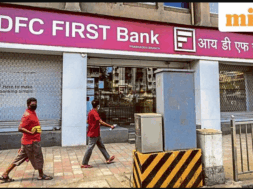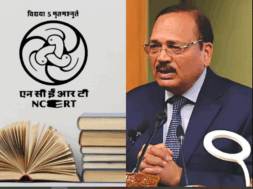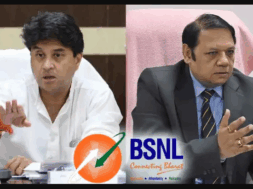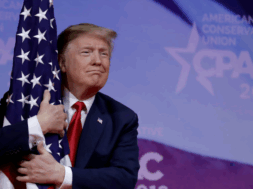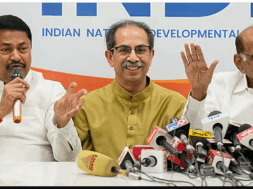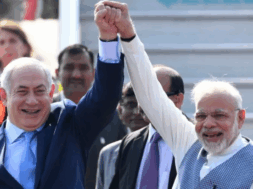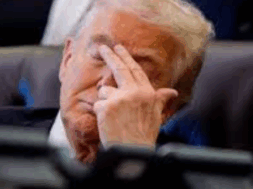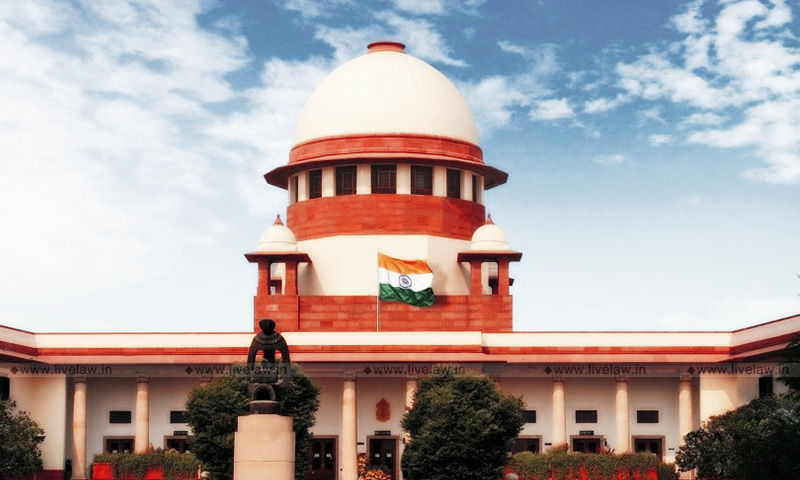
“Publish within 48 Hours Criminal Antecedents of Chosen Candidates and Reasons for their Selection:” SC to Political Parties
Manas Dasgupta
NEW DELHI, Aug 10: Modifying its earlier order, the Supreme Court on Tuesday gave only 48 hours for the political parties to publish the criminal antecedents of the candidates chosen by them in any elections. The order also makes its mandatory for the political parties to publish along with the criminal antecedents the reasons for the selection of each such candidate. A Bench of Justices Rohinton Nariman and BR Gavai modified the apex court’s February 13, 2020, judgement in which the court had given political outfits, both regional and national, 48 hours to two weeks to publish the details. On Tuesday, the top court made it mandatory for the parties to publish the details in 48 hours itself.
Last year’s judgment had directed political parties “to upload on their website detailed information regarding individuals with pending criminal cases (including the nature of the offences, and relevant particulars such as whether charges have been framed, the concerned court, the case number etc.) who have been selected as candidates, along with the reasons for such selection, as also as to why other individuals without criminal antecedents could not be selected as candidates.”
The court had said the criminal past, if any, and other details of the candidates should be published in regional and national newspapers. It should also be featured in the official social media platforms of the political parties, including Facebook and Twitter.
The Supreme Court had said the details published should also explain the reasons for selecting a particular person as a candidate along with reference to the qualifications, achievements and merit and not “mere winnability at the polls.”
The 2020 verdict had further directed that parties should then submit a report of compliance with the Election Commission of India within 72 hours of the selection of the candidate. “If a political party fails to submit such compliance report with the Election Commission, the Election Commission shall bring such non-compliance by the political party concerned to the notice of the Supreme Court as being in contempt of this court’s orders/directions,” the judgment had directed.
The Tuesday judgment was on the basis of a contempt petition filed by an advocate, Brajesh Mishra, who said parties were not complying with the February 2020 judgment. The Bench had in the previous hearing extensively heard the Election Commission and amicus curiae and senior advocate K.V. Vishwanathan on how to “punish” political parties who have not fully complied with the 2020 judgment. The court has reserved the contempt case, which arose from the Bihar Assembly elections, for orders.
The Communist Party of India (Marxist) or CPI(M), which heads the LDF government in Kerala, and the Nationalist Congress Party (NCP), an ally in the ruling coalition in Maharashtra, had “unconditionally apologised” to the Supreme Court for not complying with the 2020 judgment.
Senior advocate Vikas Singh, for the Election Commission, submitted that the NCP fielded 26 candidates with criminal antecedents and the CPI(M) ran with four candidates with criminal past.
“We don’t buy this ‘sorry’, our orders have to be followed,” Justice Nariman said.
Singh had submitted that the Rashtriya Janata Dal was the biggest defaulter with 103 candidates having criminal antecedents. The JDU, which heads the Bihar government, fronted 56 candidates involved in criminal cases.
Meanwhile, the Prime Minister Narendra Modi is learnt to have taken strong exception to the absence of some BJP members of the Rajya Sabha on Monday when the government narrowly managed to get through an official bill by voice vote defeating the opposition motion to refer it to a select committee.
In the BJP Parliamentary Party meeting Tuesday, Modi asked the Parliamentary Affairs minister to make a list of MPs not present in the house, during the passage of the Tribunals Reforms (Rationalisation and Conditions of Service) Bill, 2021, replacing an ordinance. The Opposition had moved a statutory resolution against the issuance of ordinance on the bill. The resolution was defeated and the bill was thereafter passed with a voice vote. The party sources said at least 20 BJP MPs were missing from the House when the bill was taken up in the Rajya Sabha.
According to sources, the Prime Minister said he was forced to seek the names as he had already told the MPs to be regular in both houses. In fact, the Prime Minister had given similar advice to the MPs several times.
In the last parliamentary party meeting of the Monsoon session, the Prime Minister asked his party men to undertake mass campaigns on three issues — eradication of malnutrition, encouraging sports and games in their respective constituencies in addition to cricket, and creating awareness about the ‘golden card’ under the Ayushman Bharat scheme.
Sources said the Prime Minister asked the BJP MPs to promote various kinds of sports, not just cricket, in their respective constituencies at different levels. “He said cricket anyway gets a lot of promotion but there are other sports that are in the Olympics but not getting adequate attention. He wanted the MPs to give such sports a lot of attention,” said a party MP.
“He said the MPs should ensure that there is provision for teaching games from the gram panchayat level upwards,” said a source.
He also asked the lawmakers to take up the issue of eradicating malnutrition and ensure that social schemes that are aimed at providing nutrition are implemented on the ground.
The PM also wanted his party colleagues to focus on the implementation of Ayushman Bharat and ensuring that cashless treatment facilities reach the intended beneficiaries. The golden card or the e-card allows cashless treatment to the beneficiaries.



